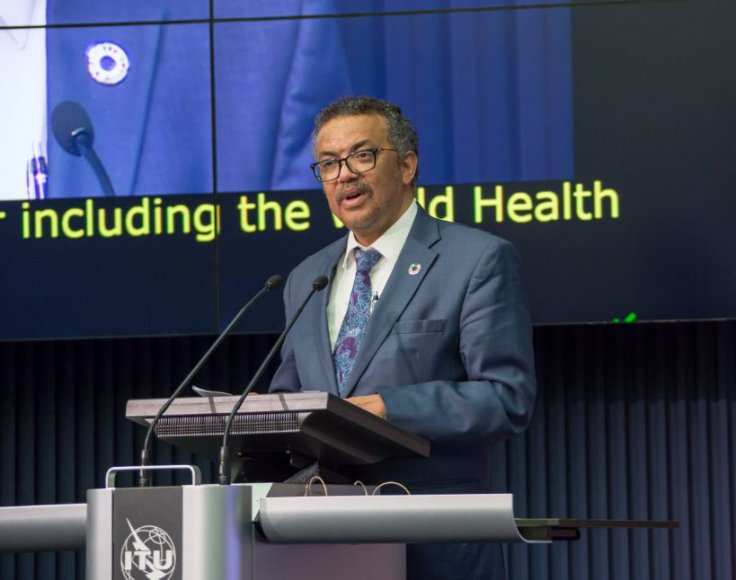World Health Organization (WHO) Director-General Tedros Adhanom Ghebreyesus, said on Monday that he would like to see people returning to work and children going back to school. However, he stressed that no country can simply assume that the raging COVID-19 pandemic is over.
At a virtual press conference in Geneva, Tedros said that nations intending on opening up must be serious about preventing transmission and saving their citizens' lives. Tedros said, "Opening up without having control is a recipe for disaster."
Addressing Essential Steps

He stressed that there are four essential things that need to be done -- prevent amplifying events; reduce deaths by protecting vulnerable groups; individuals must play their part; governments must take tailored actions to find, isolate, test and care for cases, and trace and quarantine contacts, reported Xinhua news agency.
According to the WHO chief, decisions about how and when to allow gatherings of people must be taken with a risk-based approach and in the local context. Meanwhile, the latest survey conducted by WHO among over 100 countries showed that 90 percent of the nations have experienced disruption to their health services due to the ongoing pandemic.
Working Towards Providing Countries With Tools
In Monday's conference, Tedros said that according to the survey, low- and middle-income countries have been the most affected. "The survey shows that up to 70 percent of services have been disrupted for essential services including routine immunization, diagnosis and treatment for non-communicable diseases, family planning and contraception, treatment for mental health disorders and cancer diagnosis and treatment.
"However, only 14 percent of countries reported removing user fees, which WHO recommends to offset potential financial difficulties for patients," he added. Tedros said that the WHO will continue to work with countries to provide tools to maintain essential services. "For example, WHO is developing a Health Services Learning Hub, a web-based platform that will allow countries to share experiences and learn from each other."
As of Tuesday, the overall number of global coronavirus cases stood at 25,405,556 and the fatalities rose to 849,303. The US accounted for the world's highest number of cases and deaths at 6,028,617 and 183,579 respectively, while Brazil came in the second with 3,908,272 infections and 121,381 fatalities.
(With inputs from agencies)









